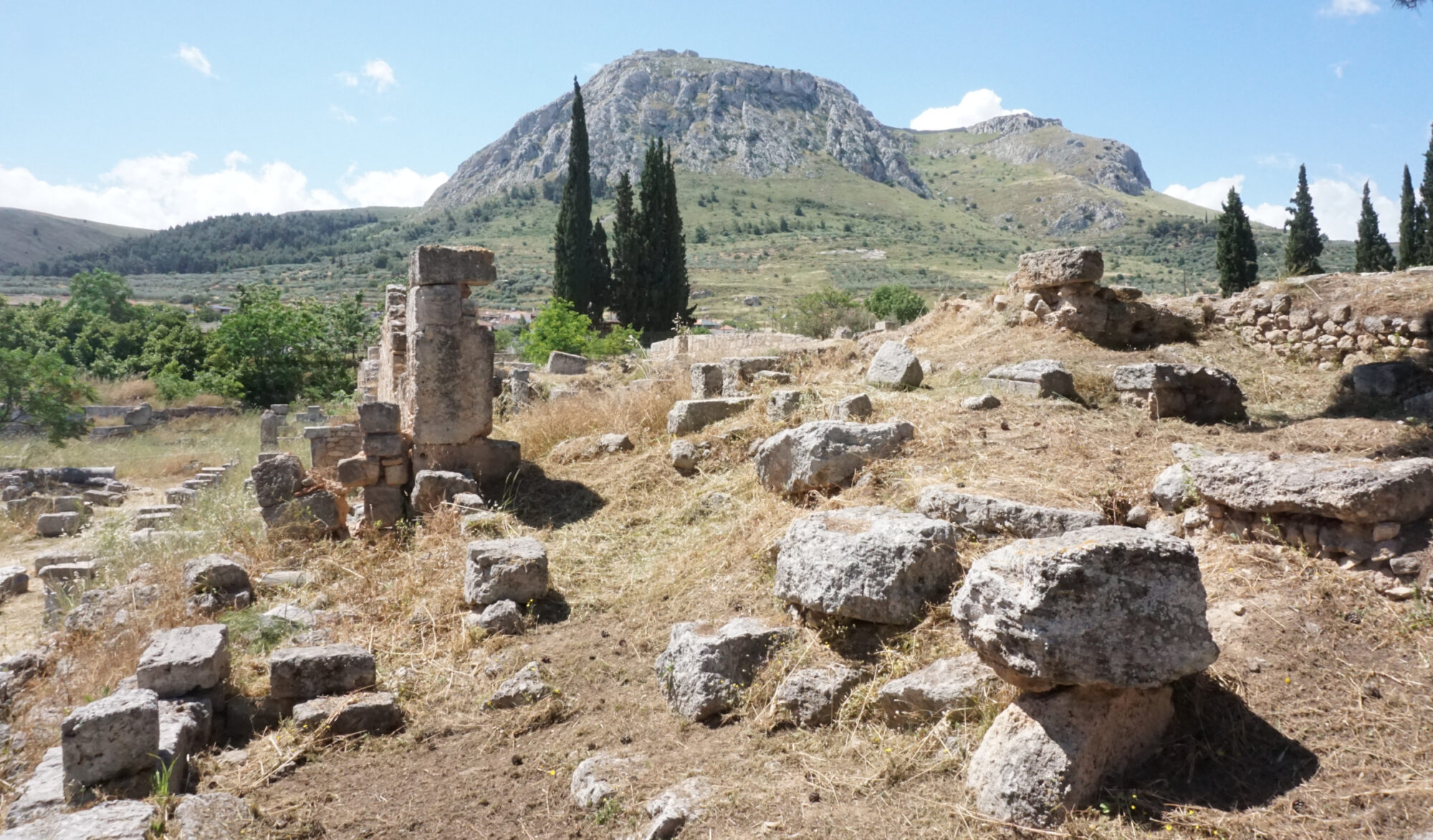Psalm 119:17 (ESV)—Deal bountifully with your servant, that I may live and keep your word.
The oranges on the ground beneath the trees in the National Garden beckoned my stomach to growl. Saliva filled my mouth, an image of that morning’s orange pie stamping itself on my brain. I wondered out loud to my husband, “Do you think it’s okay to pick it up and eat it, or will I get in trouble?”
Why did I wonder this? Because we were strolling next to the Greek Parliament building and my mind conjured the fruit police swooping in. And, quite honestly, I thought it a waste to let the fruit sit on the ground and rot. Why let the ants devour it when the sweet citrus could fill my belly instead?
My stomach had the wrong idea, though. Why was I seeking the fruit on the ground when the tree still nourished the fruit hanging from the branches? The spiritual answer to this question comes from Psalm 119.
In this praise-filled poem, the anonymous writer extolled the transformative power of obeying God’s decrees when, post-exile, many of the people of Israel still sought the fruit on the ground (idols, for one) rather than the fruit in the tree (God’s promise of redemption and restoration).
Like the poet, we share a relationship with the Lord and become beneficiaries of his promises by putting his principles into practice. Our inheritance includes the benefit of his wisdom, which helps us understand why we’re obeying him.
Truly, seeking the fruit hanging from the branches fills us with the confidence to obey our kind, generous, and merciful God. Seeking him is as simple as turning to the Bible for guidance, asking the advice of a trusted fellow Christian, or praying—because God is waiting for us to open the page, ask the question, or make the request so he can answer.




